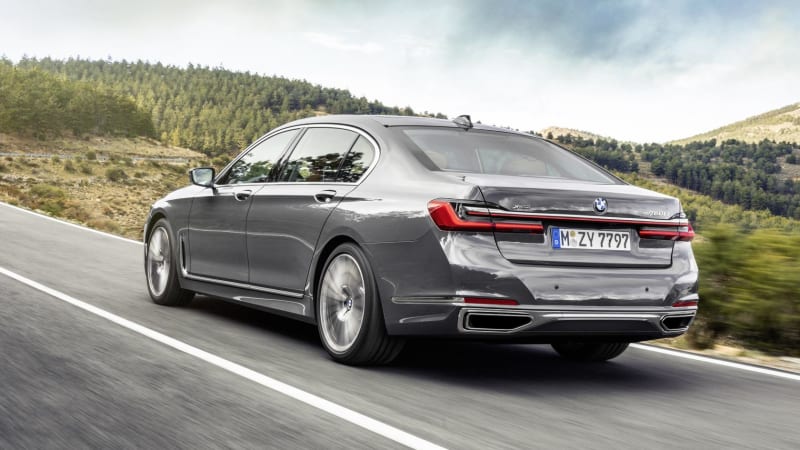BMW R&D boss sees another 30 years for gasoline engines, but V8 and V12 could die
https://ift.tt/36Q9J2Y

Over several conversations with Automotive News Europe in 2019, BMW R&D boss Klaus Fröhlich expounded on a number of issues, including the future he envisions for BMW powertrains. On the internal-cumbustion side, Fröhlich said the high expense of constant upgrades to keep engines compliant means “we have to streamline our offerings.” Two engines are already on the chopping block awaiting the blade’s fall: the 1.5-liter three-cylinder used in the Mini Cooper D, and the quad-turbo, 3.0-liter inline-six that powers models such as the 750d with 394 horsepower and 560 pound-feet of torque. Although that latter mill only debuted four years ago for the 2017 model year, according to the exec, the quartet of blowers makes the oil-burner “too expensive and too complicated to build.” Who’d’ve thunk it?
In February last year, BMW Blog reported on the rumor that the Munich carmaker could get rid of its V12 and V8 engines in the next-gen 7 Series. Cutting out the 6.6-liter V12 wouldn’t be much of a surprise, as Audi and Mercedes-Benz already having announced intentions to drop their 12-cylinder offerings. The idea of killing the V8 raised eyebrows, the issue being that BMW is already able to match V8 outputs with electrified six-cylinder engines of smaller displacement. Fröhlich’s comments echo those rumors. He said the V12’s “few thousand units each year” make the cost burden hard to swallow, so it “may not have a future.” Regarding the V8, he says that engineers have a 600-hp six-cylinder PHEV producing “enough torque to destroy many transmissions,” so what’s the point of two more cylinders except nostalgia? Fröhlich predicts BMW’s “four- and six-cylinder diesels will remain for at least another 20 years and our gasoline units for at least 30 years.” However, he added that “it’s already difficult to create a strong business case to keep [[the V8] alive.” That contradicts another rumor from last year, of a new, performance V8 codenamed S68, to arrive in two or three years, perhaps in an M5 CS.
Fröhlich says electrified powertrains will gain traction, the key being to find the appropriate electric strategy in the appropriate location. He says Europe overall isn’t keen on going all-electric immediately, so PHEVs will lead the way there. The coming evolution of the company’s CLAR platform due in 2021 has been designed with “a new central floor that can house higher density batteries.” The changes will hold weight down, power PHEVs that can run from 80 to 120 kilometers (50 to 75 miles) in pure-electric mode, and enable larger fuel tanks for greater range.
The R&D chief had plenty more to say, like fast charging should only happen once every 20 charging cycles, that batteries could get more expensive due to the demand for raw materials, but he still sees batteries as the best solution for passenger cars, and hydrogen fuel cells as the best for light- and heavy-duty trucks. Head to ANE to check out the full interview.
Auto Blog
via Autoblog https://ift.tt/1afPJWx
January 9, 2020 at 02:00PM
